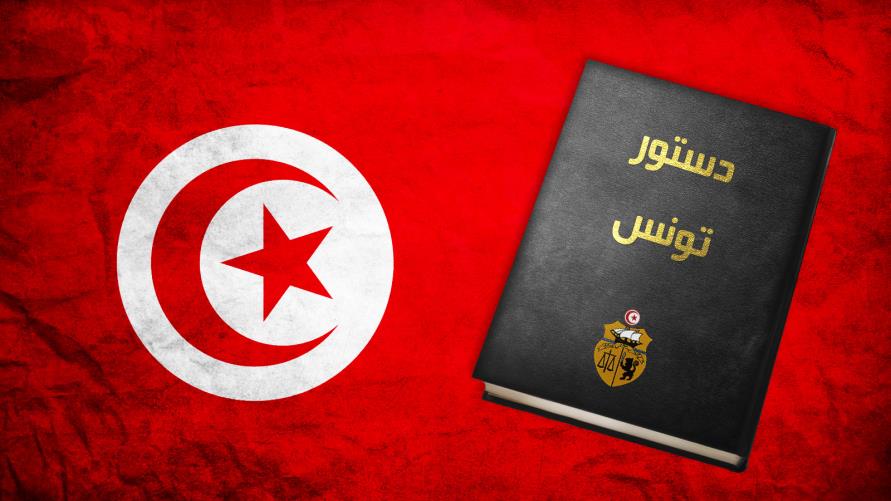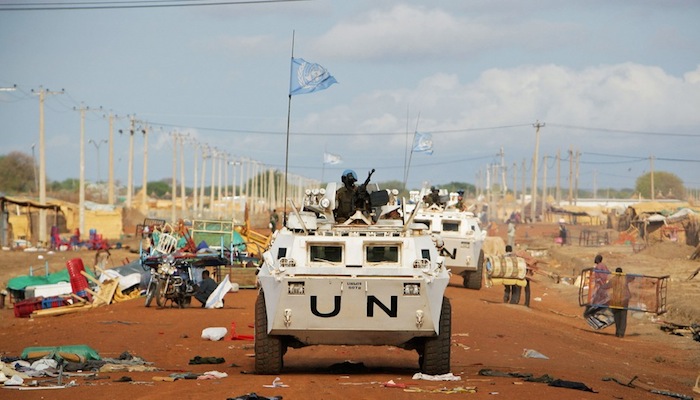التعددية اللغوية والتنوع الثقافي وسؤال الهوية في الدستور المغربي دراسة مقارنة بين دستور 1996- 2011
Multilingualism and cultural diversity: a comparison study between Moroccan constitutions of 1996 - 2011

اعداد : محمد بليلض – باحث في العلوم السياسية
المركز الديمقراطي العربي : –
- مجلة القانون الدستوري والعلوم الإدارية : العدد الرابع والعشرون آب – أغسطس 2024– المجلد 6 ، مجلة دولية محكمة تصدر عن #المركز_الديمقراطي_العربي المانيا- برلين.
- تعنى المجلة في مجال الدراسات والبحوث والأوراق البحثية في مجالات الدراسات الدستورية والعلوم الإدارية المقارنة – نشر البحوث في اللغات ( العربية – الفرنسية – الإنجليزية )
للأطلاع على البحث “pdf” من خلال الرابط المرفق :-
الملخص :
تتمحور الفكرة العامة لهذا المقال حول كيفية مقاربة الدساتير المغربية لموضوع الهوية، في ارتباطها بالتعددية اللغوية والتنوع الثقافي، وذلك من خلال استحضار تجربتي 1996 و 2011.
يذهب المقال الى كون دستور 1996 شأنه شأن باقي دساتير المملكة المغربية منذ 1962، قد اختزل الهوية المغربية في مكونين أساسيين، وهما الإسلام والعربية، وبالتالي فلم يعكس التعدد اللغوي والتنوع الثقافي الذي يحظى به المغرب، ومرد هذا إلى سيطرة الأفكار الايديولوجية التي تمتح من القومية العربية آنذاك، إلى جانب كون المسألة الهوياتية لدى الأحزاب السياسية، مسألة جانبية، بالمقارنة مع المسألة السياسية وكذا الاقتصادية والاجتماعية.
بالنسبة لدستور 2011، فقد جاء في ظروف دولية وداخلية مختلفة، عرفت تصاعد خطاب ” الهوية” والحقوق اللغوية والثقافية، كما إن الظروف الاستثنائية التي عرفت ب “الربيع العربي” عرفت مطالب هوياتية، وهو ما ينطبق على حركة 20 فبراير، التي عرفت مشاركة الحركة الأمازيغية في كافة أنشطتها، حيث طالبت هذه الحركة بدسترة اللغة والثقافة الأمازيغية، كما أن مجموعة من الأحزاب السياسية بدورها، طالبت بدسترة اللغة الأمازيغية.
Abstract
The general idea of this article revolves around how the Moroccan constitutions approach the issue of identity, in relation to multilingualism and cultural diversity, by invoking the experiences of 1996 and 2011.
The article affirms that the 1996 constitution same as all the rest of the constitutions of the Kingdom of Morocco since 1962,reduced the Moroccan identity to two main components, namely Islam and Arabic ,Consequently, it did not reflect the multilingualism and cultural diversity that Morocco has, on account of domination of ideological ideas inspired by pan Arabism Besides, the political parties paid no attention to the issue of identity, Which is illustrated in their notes on the constitutional amendment, which was governed by the obsession of political reform, especially the separation of powers and the strengthening of the powers of the legislative institution.
As for the 2011 constitution, it came in different international and internal circumstances that knew the rise of the discourse of “identity” and linguistic and cultural rights. Also, the exceptional circumstances that were known as “the Arab Spring” defined an identity demand, which applies to the 20 February movement. Which the Amazigh movement was involved in all its activities, as this movement demanded the adding of the Amazigh language and culture to the constitution
the notes of most political parties also demanded the recognition of the Amazigh component and the rest of the components of Moroccan identity. Which was achieved in the constitutional document of 2011.As the transition from monolingual to multilingualism and from marginalizing part of the Moroccan culture to recognizing cultural diversity was established.




